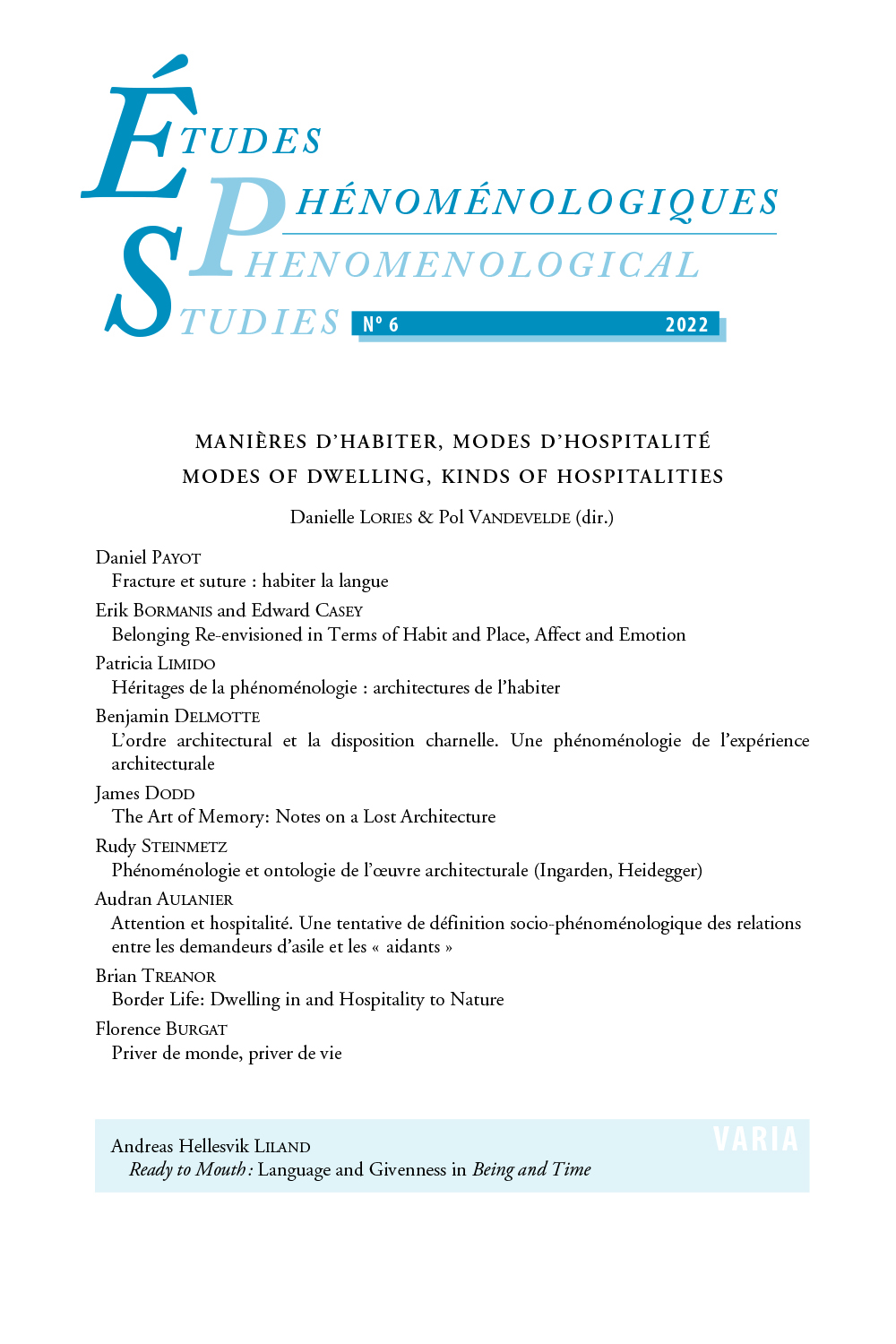 previous article in this issue previous article in this issue | next article in this issue  |

Preview first page |
Document Details : Title: Fighting the Good Fight? Subtitle: On Some Recent Transcendentalist Objections to 'Naturalized Phenomenology' Author(s): HALBERG, Claus Journal: Etudes phénoménologiques - Phenomenological Studies Volume: 1 Date: 2017 Pages: 135-165 DOI: 10.2143/EPH.1.0.3188846 Abstract : In this article, I propose to look at some recently advanced arguments that in different ways, and at varying levels of explicitness, oppose the idea and the ambition of a naturalized phenomenology. I consider three arguments in particular: 1) taking phenomenology seriously should keep one from any attempt to get a purchase on the 'hard problem' of consciousness, i.e., of explaining why an assembly of neurons or other physico-biological structure should yield phenomenal consciousness in the first place; 2) failure to adopt the transcendental point of view and methodology appropriate to the understanding of figures within classical phenomenology (like Merleau-Ponty) results in a misunderstanding of their genuine contribution to modern philosophy of mind; and 3) the misunderstanding in question has to do with the description deficit that inescapably compromises any attempt to characterize consciousness from a non-transcendental point of view. I argue that the reasoning behind these arguments fails to make adequate sense of either phenomenology or naturalism. A strategy is proposed by which an ambitious phenomenological philosophy can make peace with a no less ambitious cognitive (neuro)science, through a deflated notion of phenomenology as a domain of inquiry, combined with a re-inflated notion of Phenomenology as a philosophical orientation or movement. |
 |


